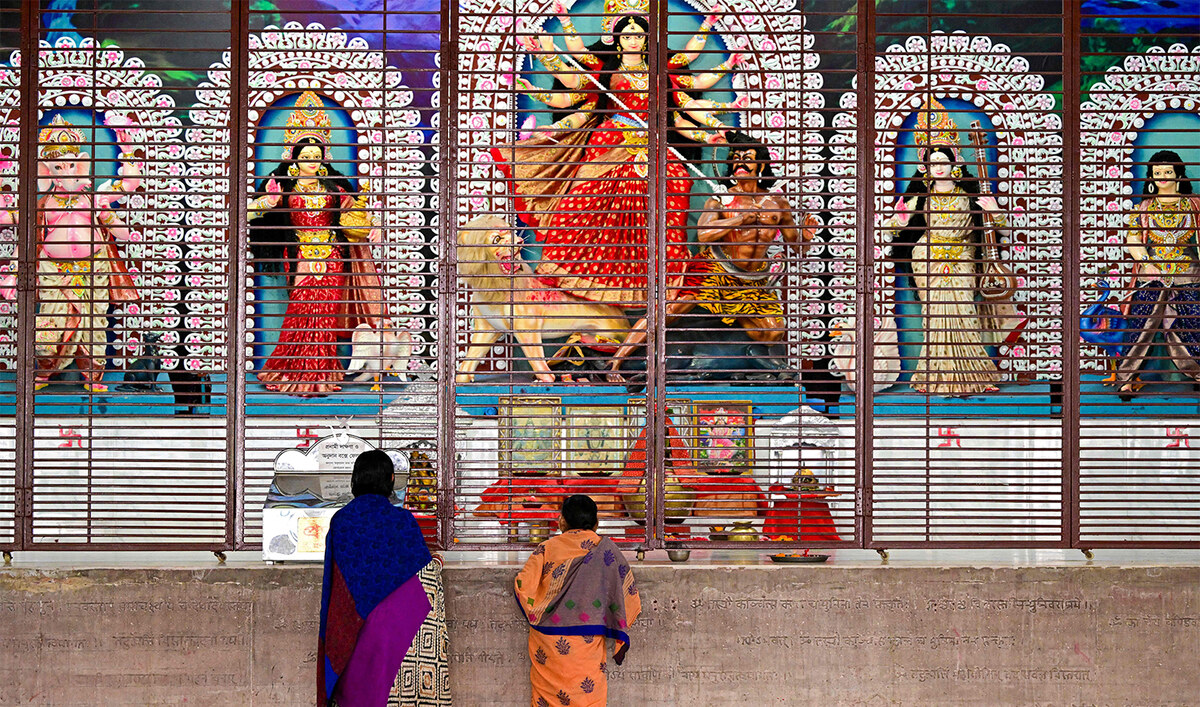PESHAWAR: Families of children killed or wounded in one of Pakistan’s deadliest militant attacks said the government had broken its promise of delivering justice, four years after Taliban gunmen massacred 134 students in a military-run school in the northwestern city of Peshawar.
Aurengzeb Khan, whose son died in the attack on Dec 16, 2014, told Arab News he was pessimistic that the single-judge judicial commission announced this October to investigate the assault would deliver results.
“I haven’t been compensated nor given any consolation by the government,” he said.
Fazl Khan, an advocate who also lost his son in the gruesome attack, said he did not care about being compensated by the government; he only wanted justice.
“We still demand a high-level judicial probe into the incident to identify any security lapse and bring the perpetrators to task,” Khan told Arab News. “Only that will satisfy us.”
More than 148 Pakistanis, most of them children, were killed in the broad daylight attack on the military-run school four years ago, an assault that Taliban insurgents said was revenge for the killings of their own relatives by the Pakistani army in military operations.
The school in Peshawar, a chaotic, teeming city on the edge of the country’s turbulent tribal belt, is operated by the army. Although it enrolls civilian students also, many of its pupils come from army families and were clearly the Taliban’s intended target.
On Sunday, a special commemoration ceremony was held at the neat pink brick-and-stone campus to pay homage to the 134 children ad 16 staff members killed on that dark day four years ago. Shah Farman, the governor of Khyber Pakhtunkhwa province of which Peshawar is the capital, was the chief guest. Corps Commander Peshawar Lt. Gen. Shaheen Mazhar Mehmood was also present.
Similar functions were also held in other educational institutions in Peshawar as well as around the country to remember the survivors. On Sunday night, dozens of bereaved families held a candlelight vigil in Peshawar, holding up banners and photos of their loved ones.
“Compensation is not a substitute,” Tufail Khattack, the father of a student who lost his life in the attack, said while attending the commemoration ceremony. “Even if I am given the entire wealth of Pakistan it will not be enough, but it is a matter of pride for me that I’m the father of a martyr whose blood might ensure peace and tranquility in the country.”
Khattack said his second son, critically injured in the attack, was still at a trauma centre: “He is still recovering from the appalling tragedy and his treatment is extremely expensive,” he added.
He said each victim’s family has been granted a Rs. 2 million compensation package and a 10-marla plot but these would not bring back “the person who was very close to my heart.”
Pakistan announced a 20-point National Action plan to tackle militancy after the assault on the Army Public School. The plan's main thrusts included expanded counter-terrorism raids, secret military courts and the resumption of hangings, as well as clauses banning "glorification of terrorism and terrorist organisations through print and electronic media.”
On October 5, almost four years after the attack, the Supreme Court formed a judicial commission led by a Peshawar High Court judge to probe the carnage. The commission was to submit its report in six weeks, but the document is still pending.
Abdul Wahed Qadri whose grandson was killed in the attack told Arab News he was grateful to the chief justice for forming the judicial commission: “Otherwise we know that judicial commissions tend to yield no results.”

























